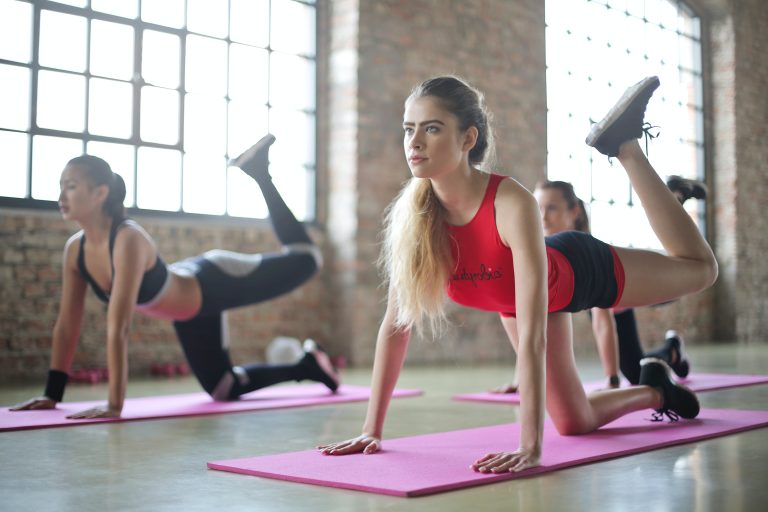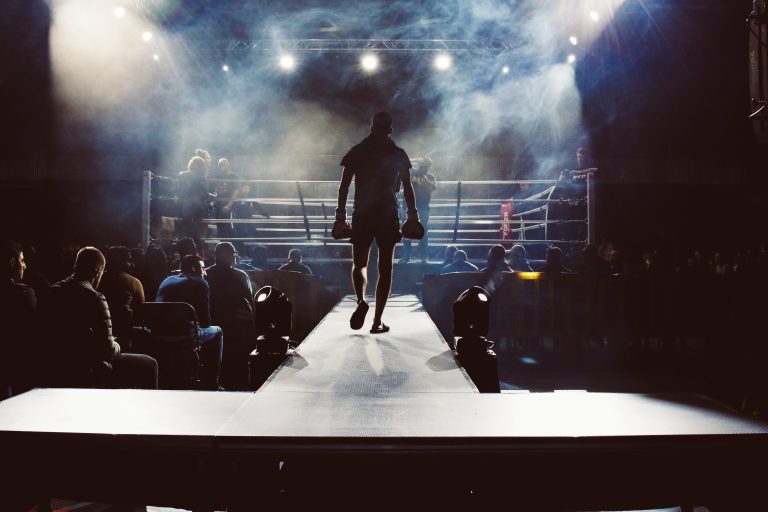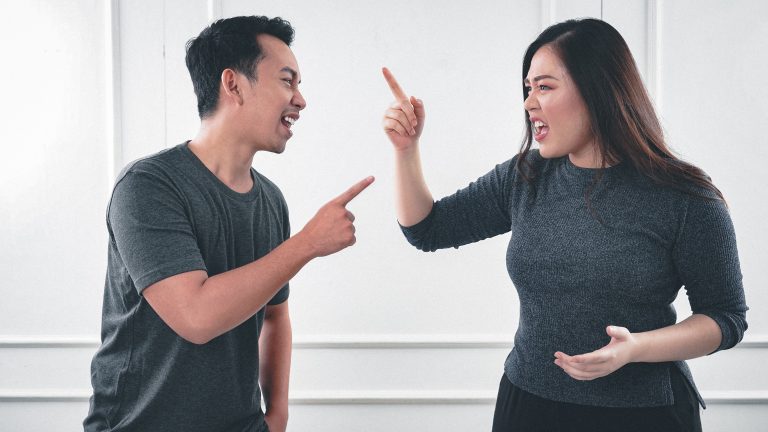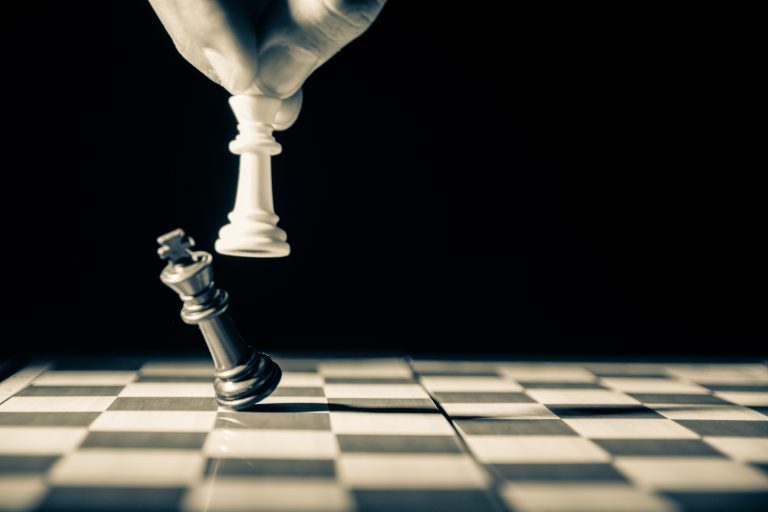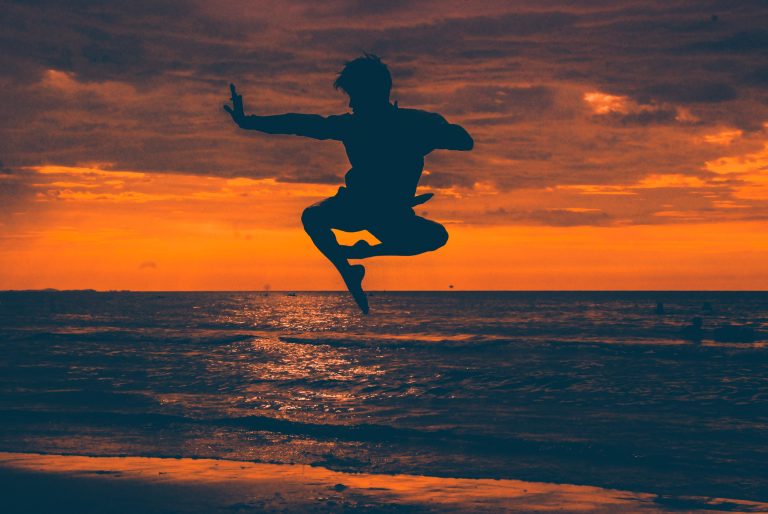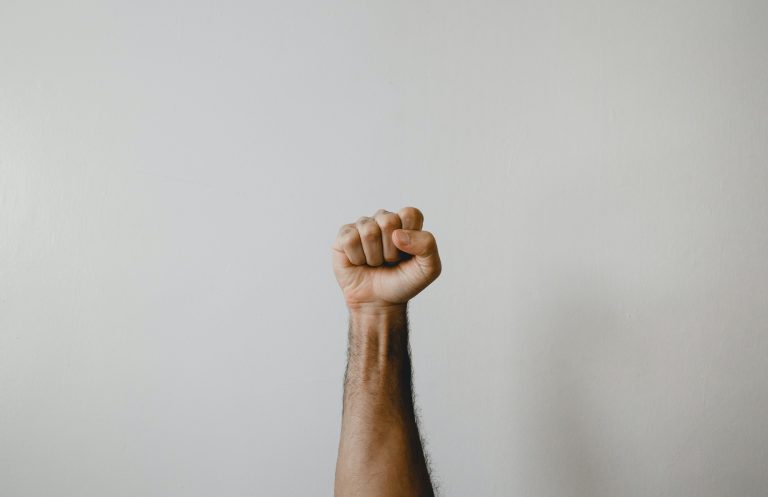Everything You Need to Know About Karate Weapons
Karate is one of the world’s most popular martial arts, renowned for its powerful strikes, dodging maneuvers, and impressive weapons training. Karate weapons training is a valuable part of the art, offering different benefits to the advanced practitioner. If you’re interested in exploring karate weapons and learning more about them, then this blog post is for you. We’ll discuss some of the common karate weapons and their uses, as well as how they might be used in self-defense situations or tournaments.
What are Karate Weapons?
Karate weapons are an important tool for mastering the martial art. Typically, karate weapons will be based around traditional Japanese weapons, such as the sword or bo staff. Karate also borrows from Chinese martial arts and incorporates forms such as nunchaku into its teachings. All of these weapons are used to increase technique and understanding of the art form.
Common Weapons of Karate
Here are some of the most common karate weapons that you may encounter as you practice the art:
- Sword: The sword is a traditional Japanese weapon. In karate, swords are used in practice and competitions to develop a practitioner’s accuracy, speed, and precision. Sword katas (forms) are used to refine technique and master the use of the weapon.
- Bo Staff: The bo staff is a staff-like weapon traditionally used in Japanese martial arts. In karate, the bo staff is used in forms and sparring matches. It teaches practitioners to use the long weapon accurately and develop a sense of spatial awareness.
- Nunchaku: Nunchaku is a Chinese weapon comprised of two hardwood sticks attached together by a metal chain. In karate, nunchaku can be used in sparring to teach agility and whip-like motion. It’s an advanced weapon, so it should only be used by practitioners with proper supervision.
- Sai: The sai is a traditional Okinawan weapon most commonly used for self-defense. In practice, sai can be used to teach a practitioner how to parry attacks and block strikes as well as deliver powerful jabs, hooks, and other strikes.
- Tonfa: The tonfa is a short baton-like weapon typically wielded by two hands. In karate, it can be used in sparring or forms to teach practitioners how to block, parry attacks, and counterstrike with accuracy and power.
How are Karate Weapons Used?
Karate weapons are used for many different purposes. In self-defense situations, practitioners can use weapons to fend off an attacker efficiently and effectively. In competitive tournaments and demonstrations, practitioners can demonstrate their skill and precision with karate weapons forms.
Karate weapons also have a place in training. By using weapons such as the sword or bo staff, practitioners can increase both their speed and power through striking drills. Weapons provide another way for practitioners to learn footwork, evasion techniques, and improve balance alongside their kicking and punching techniques. In some cases, martial artists will also incorporate the use of weapon techniques into their own self-defense routines.
The Benefits of Training with Weapons in Karate
Training with weapons in karate offers several unique benefits:
- Improved technique: Training with weapons can help practitioners improve their technique as they learn more detailed ways to move and strike with tools like the sword or tonfa.
- Increased speed: Training with weapons increases speed and accuracy as practitioners learn to move quickly while making precise movements with their weapons.
- Enhanced focus: Using weapons such as nunchaku or bo staff requires practitioners to stay focused on their movements and balance so they can wield their weapons effectively.
- Greater power: By practicing with weapons such as the sai or bo staff, practitioners can increase their power as they learn to use their weapon’s mass as a lever when striking.
Key Safety Rules
As with all types of martial arts training, it’s essential to practice karate weapons safely. Here are some key safety rules to follow when training with karate weapons:
- Wear appropriate protection: Always wear protective gear when practicing karate weapons such as gloves, goggles, shin guards, etc.
- Restrict contact: When practicing with live blades (such as swords) or other weapons, always limit contact between yourself and your partner.
- Only practice in designated areas: Never practice with karate weapons outside of designated training areas where there are no bystanders or animals.
- Only use genuine toys For safety’s sake, only use genuine toys or replicas specifically made for practicing martial arts—never practice with real weapons!
- Exercise caution Be aware of your surroundings when training—never point your weapon at bystanders or move yourweapon too quickly around other people.
How to Get Started with Karate Weapons Training
If you’re eager to start learning your favorite karate weapon and incorporate them into your practice, there are several ways that you can get started. The best way to begin is by working with an experienced instructor who can help you learn basics of the weapon and develop your technique safely.
You can also watch instructional videos online or find online tutorials from experienced practitioners that demonstrate the different forms and techniques associated with the weapon. More importantly, make sure to practice regularly so you can build up your skills and become proficient in the weapon that you’ve chosen.
Conclusion
Karate weapons training is a valuable part of karate that helps practitioners refine their skills in strikes, blocking maneuvers, footwork, and accuracy. There are several common karate weapons that instructors may use when teaching students in classes or tournaments—from swords to bo staffs—and each offers unique benefits in refining technique or developing power.
Before you start practicing karate weapons, however, make sure that you have the proper knowledge and seek guidance from an experienced instructor or seek out online tutorials from trusted resources. With the right approach and dedication to training, you can make great progress towards mastering the traditional martial art of karate.
Inhaltsverzeichnis

